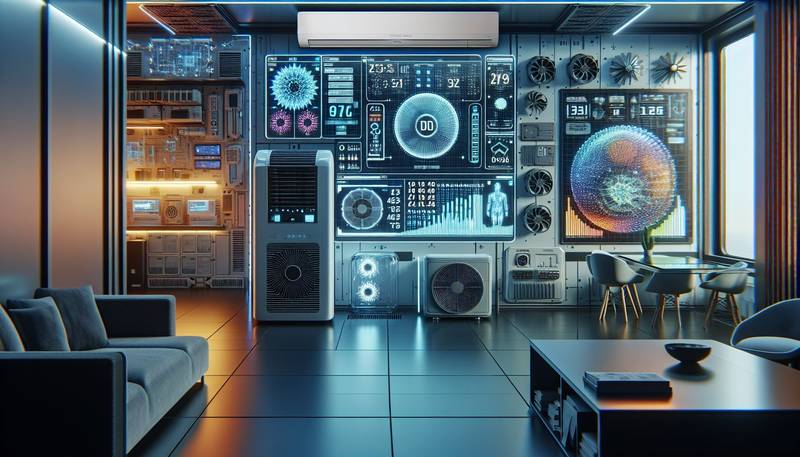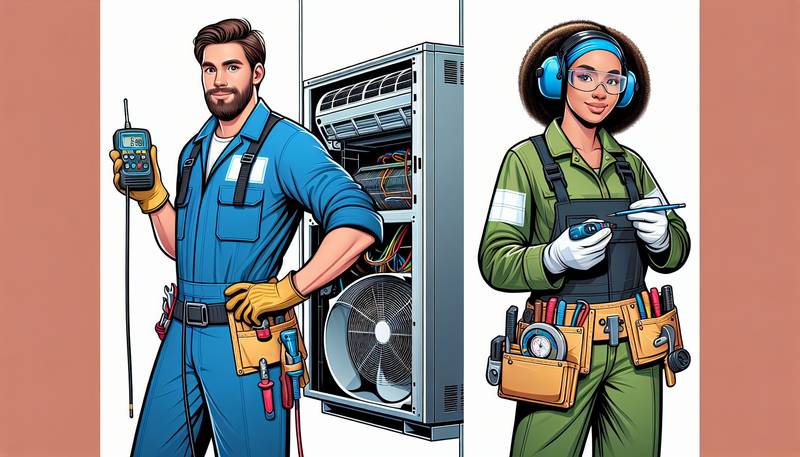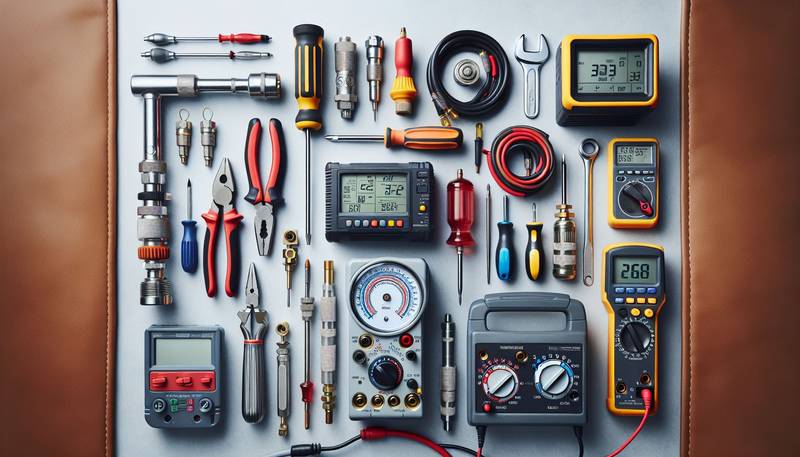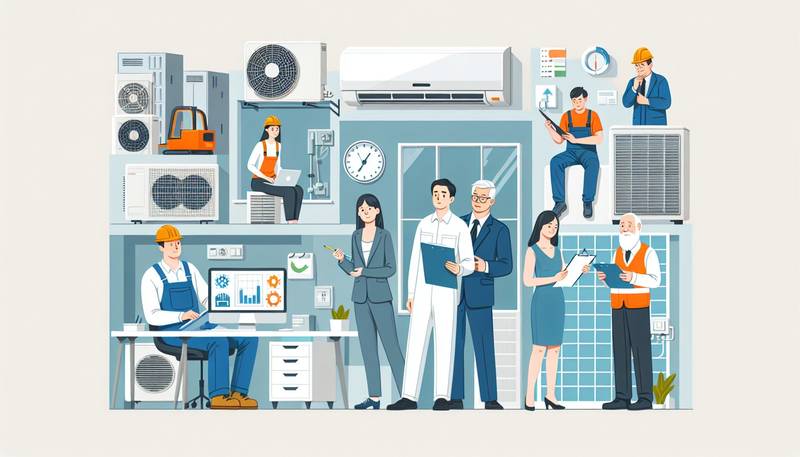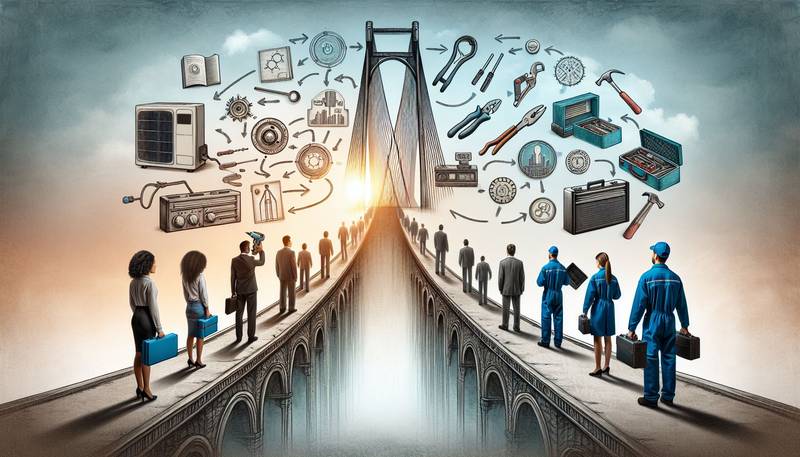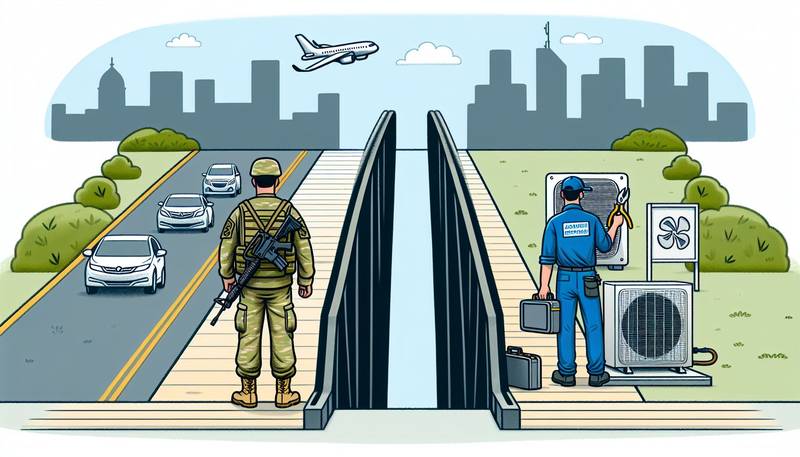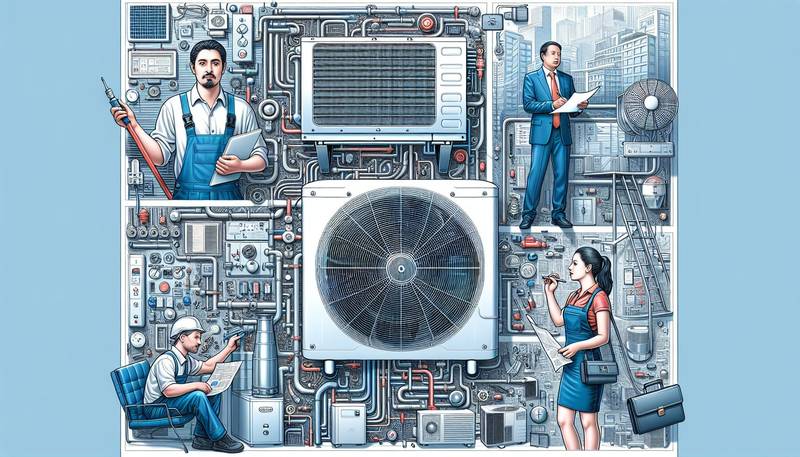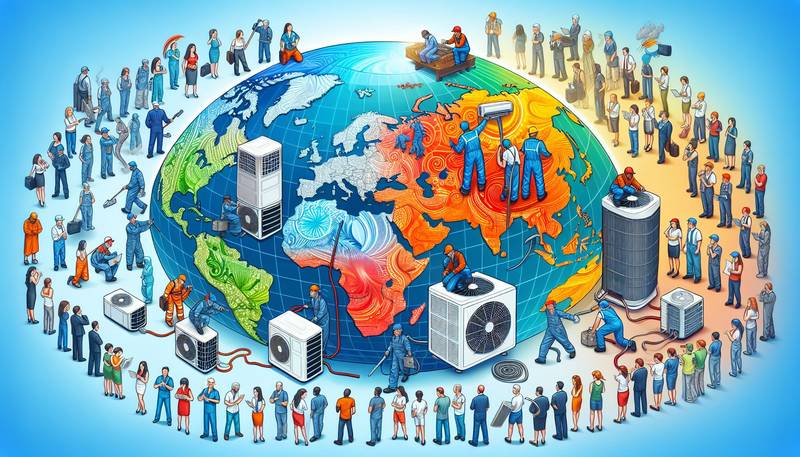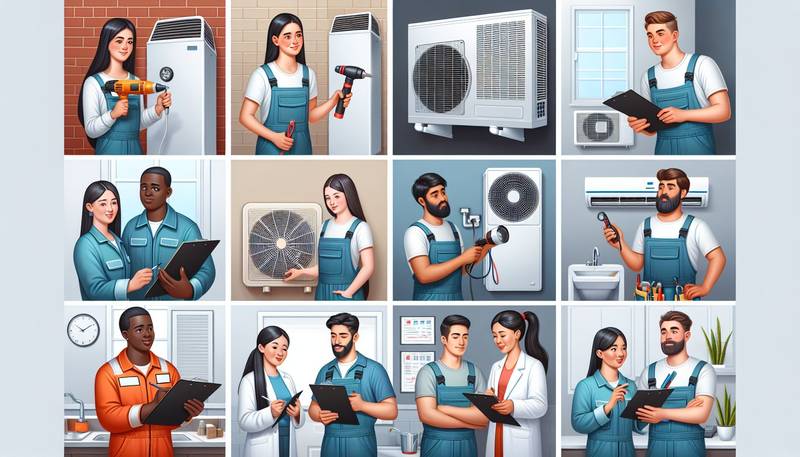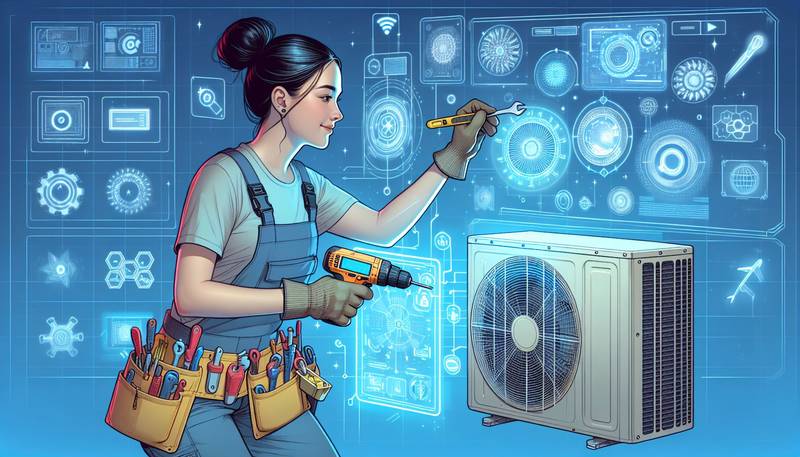The Future of Comfort: Emerging Technologies in Air Conditioning
These technologies aim to not only improve the efficiency and effectiveness of air conditioning systems but also make them more sustainable and eco-friendly. In this article, we will explore some of the emerging technologies that are shaping the future of air conditioning.
Energy-Efficient Air Conditioning Systems
One of the key focuses in the development of air conditioning technologies is energy efficiency. Traditional air conditioning systems are notorious for their high energy consumption, which not only contributes to high electricity bills but also puts a strain on the environment. In recent years, there has been a significant push towards developing energy-efficient air conditioning systems that are not only cost-effective but also environmentally friendly.
One such technology is the use of variable refrigerant flow (VRF) systems, which can adjust the flow of refrigerant to meet the specific cooling needs of different areas in a building. This results in reduced energy consumption compared to traditional HVAC systems that operate at a fixed capacity. Additionally, advancements in compressor technology, such as the use of inverter compressors, have also contributed to improving the energy efficiency of air conditioning systems.
Smart Air Conditioning Controls
Another emerging technology in the field of air conditioning is smart controls. These systems leverage the power of artificial intelligence (AI) and the Internet of Things (IoT) to optimize the operation of air conditioning systems based on factors such as occupancy, outdoor weather conditions, and usage patterns. Smart thermostats, for example, can learn the preferences of occupants and adjust the temperature settings accordingly to maximize comfort while minimizing energy consumption.
Furthermore, the integration of smart controls with building automation systems allows for centralized monitoring and control of air conditioning systems across multiple zones in a building. This not only simplifies the management of HVAC systems but also enables better coordination between heating, ventilation, and air conditioning systems to ensure optimal performance and energy efficiency.
Sustainable Refrigerants
The refrigerants used in air conditioning systems play a significant role in their environmental impact. Traditional refrigerants such as hydrochlorofluorocarbons (HCFCs) and hydrofluorocarbons (HFCs) are known for their high global warming potential and ozone depletion potential. As a result, there has been a push towards developing more sustainable alternatives that have lower environmental impact.
One such alternative is the use of natural refrigerants such as hydrocarbons, ammonia, and carbon dioxide. These refrigerants have significantly lower global warming potential compared to traditional refrigerants and are considered more environmentally friendly. Additionally, advancements in refrigerant technology have led to the development of low-GWP synthetic refrigerants that offer a balance between performance and environmental impact.
Air Purification Technologies
In light of the ongoing COVID-19 pandemic, there has been increased emphasis on air purification technologies in air conditioning systems. These technologies aim to improve indoor air quality by removing contaminants such as dust, pollen, mold spores, and viruses from the air. One of the most commonly used air purification technologies is high-efficiency particulate air (HEPA) filters, which can capture particles as small as 0.3 microns with a high degree of efficiency.
Another promising technology is ultraviolet germicidal irradiation (UVGI), which uses ultraviolet light to deactivate the DNA of microorganisms such as bacteria and viruses, rendering them harmless. By integrating air purification technologies into air conditioning systems, indoor air quality can be significantly improved, leading to a healthier and more comfortable indoor environment.
Conclusion
The future of comfort in air conditioning is being shaped by a myriad of emerging technologies that aim to improve energy efficiency, optimize comfort, and enhance sustainability. From energy-efficient HVAC systems to smart controls, sustainable refrigerants, and air purification technologies, the advancements in air conditioning technology are paving the way for a more comfortable and environmentally friendly future. As these technologies continue to evolve, we can look forward to a future where air conditioning not only keeps us cool but also helps us lead healthier and more sustainable lives.
